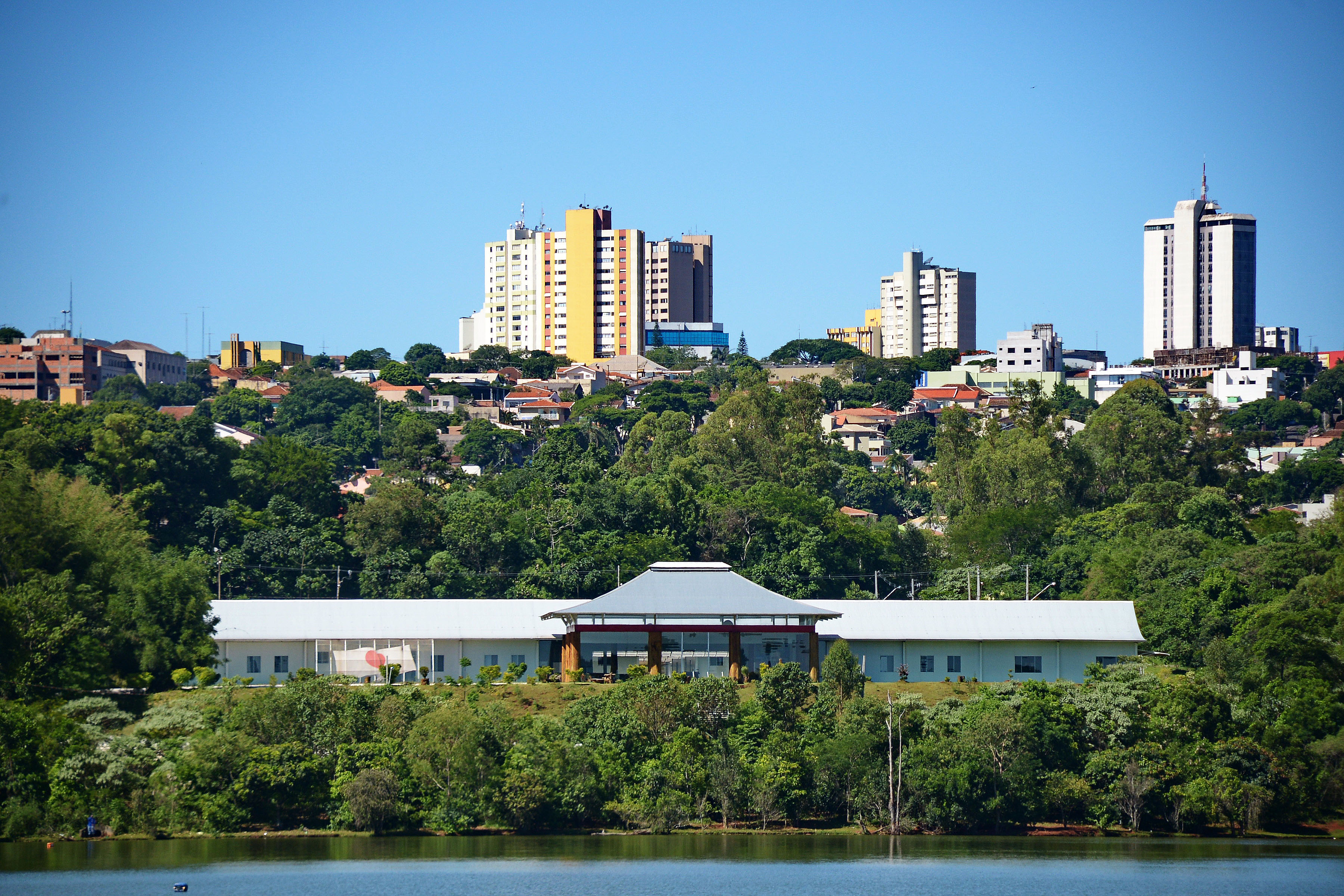
In a hybrid/virtual meeting, which ended on Friday, December 8, at 10 p.m., Caixa employees, active and retired, from the Union of Banking and Financial Workers of São Paulo, Osasco and Region, approved by 51.5% of valid votes the resolution defining the collective bargaining agreement on Saúde Caixa Health plan for workers in public banks.
“These were complex and difficult negotiations, in which the best possible agreement was reached, and has now been approved, given the need to address the deficit in Saúde Caixa without making the plan useless for employees, and to preserve the foundations of solidarity, mutuality and intergenerational pact, in addition to striving to improve the plan.” , says the president of the union and one of the coordinators of the National Bank Workers’ Leadership, Neiva Ribeiro.
“I thank every employee who mobilized in defense of Saúde Caixa. This mobilization was fundamental to achieving the agreement that has now been approved. I remember that fighting in defense of Saúde Caixa is a permanent fight. In 2024, we will unite to fight for the review of the articles of association of Banco Caixa, with the end of the limit The maximum of 6.5% of salaries for the bank’s financing of employee health, which was imposed following the coup in 2017, during the Temer government,” confirms the union’s executive director and member of the Saúde Caixa Users’ Council, Francisco Puglisi, known as Chico.
Appearances
During the meeting that approved the Saúde Caixa Agreement, the right of employees of the Public Bank, from the Union’s regional base of operations, to demonstrate on the proposal was guaranteed. Employees were able to email videos of up to three minutes or demonstrate at union headquarters. The demonstrations were open to all participants, in the voting system, from 7 pm to 10 pm, when the House was closed.
Nationally approved agreement
The approval of the proposal was also the choice of the majority of Caixa employees at national level, who had a very significant involvement in the associations. On Tuesday, December 5, the agreement was approved by 73.6% of the unions that held a meeting. Overall, 51.6% of voters approved the proposal.
an agreement
Among other points, the agreement reached during nearly six months of negotiations – which included CEE/Caixa, the National Banking Leadership and representatives of the Public Bank – stipulates the following:
- Maintaining a contribution of 3.5% of the basic wage for job holders.
- Maintaining joint participation rates and limits: they remain at 30% in procedures, with annual fees set at R$ 3,600 per family group. For hospitalization and oncology, there are no co-pays, and for care in the emergency room or emergency room, the amount is fixed (R$ 75).
- Zero deficit in 2023, expected at R$422 million, with technical and contingency reserves, with an increase in cash of R$177 million related to staff expenses retroactive to 2021, which will also be valid for the following years. There is still R$40 million remaining to help close the deficit in 2024, which is estimated at R$660 million.
- A maximum of 7% of the cardholder’s basic wage (RB), for those with dependents, per family group.
- Periodic review of the Saúde Caixa primary data database.
- The return of regional accreditation and de-accreditation committees, as well as the re-establishment of sub-offices for personnel management (Gipes) in 2024, with initially five administrative departments. Repes, the regional representations associated with Gipes, which will serve the states, will also be re-established.
- It preserves the principles of Saúde Caixa: mutuality, solidarity and intergenerational pact.
- Ensuring new negotiations in the event of a shortfall, changes in the bank’s statutory ceiling of 6.5% on the cost of the plan or other changes affecting the collective agreement.

“Friendly zombie guru. Avid pop culture scholar. Freelance travel geek. Wannabe troublemaker. Coffee specialist.”

:strip_icc()/i.s3.glbimg.com/v1/AUTH_59edd422c0c84a879bd37670ae4f538a/internal_photos/bs/2023/C/5/A4lWrPQSSw0QsBXkdijQ/greve-medicos.jpg)



